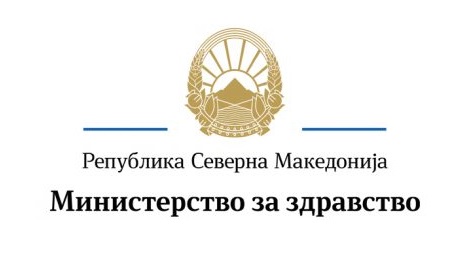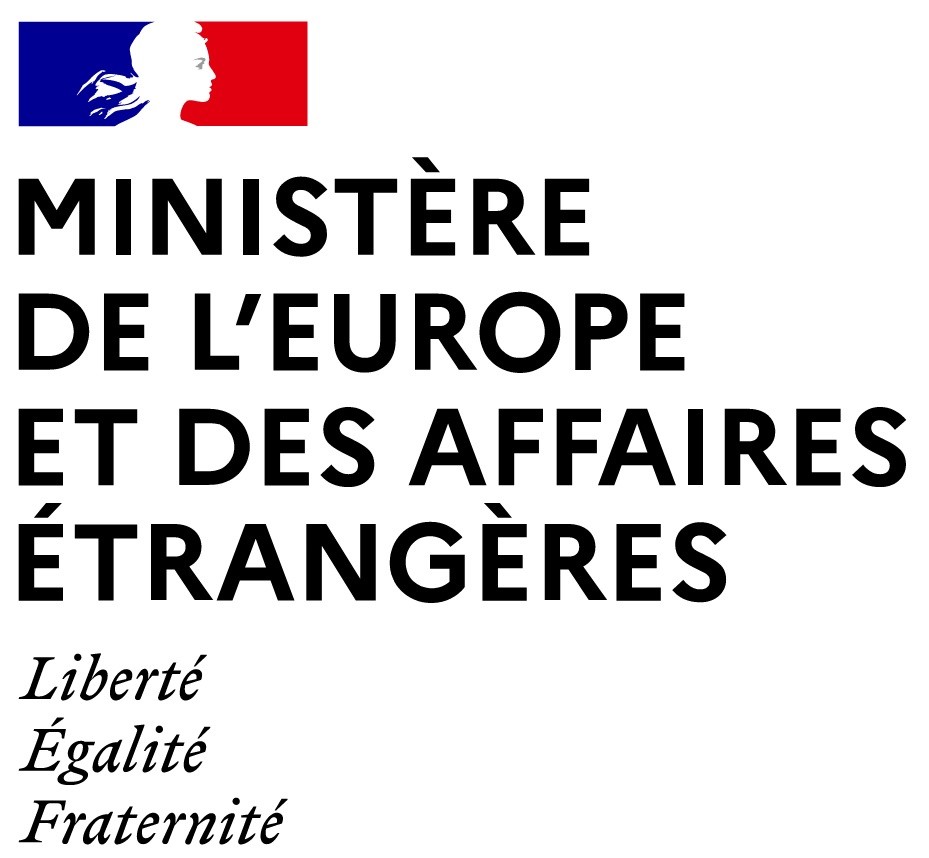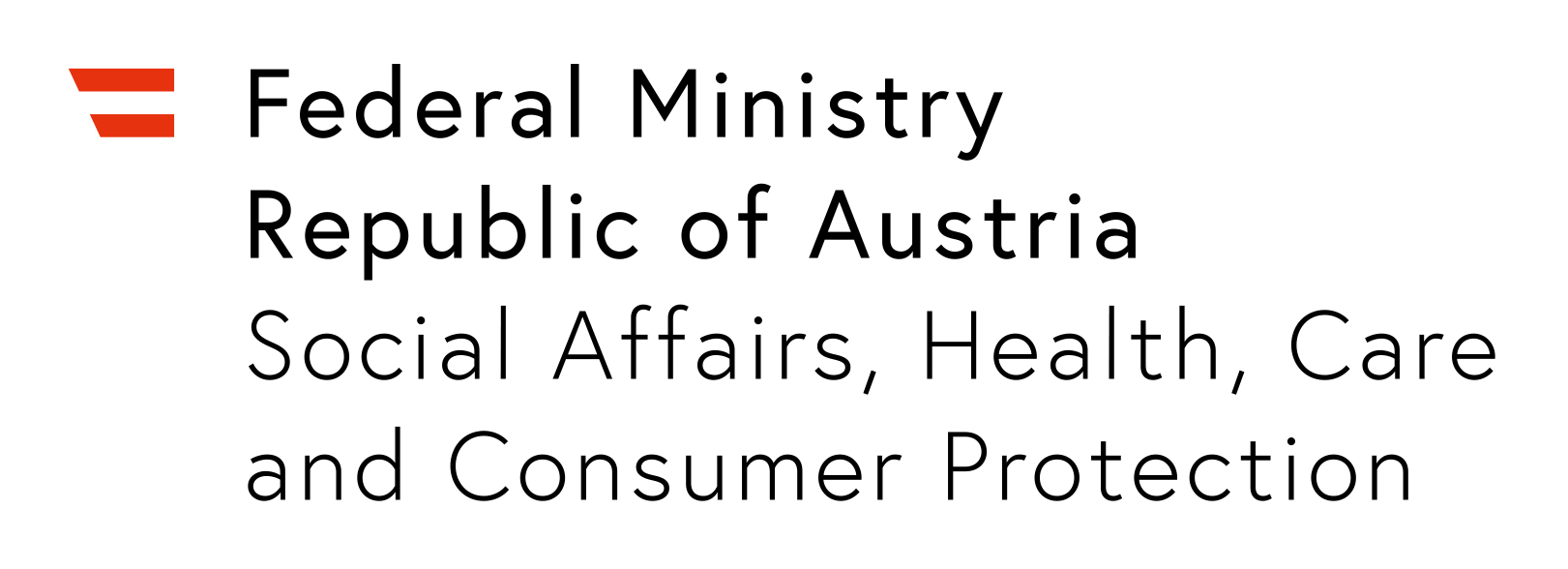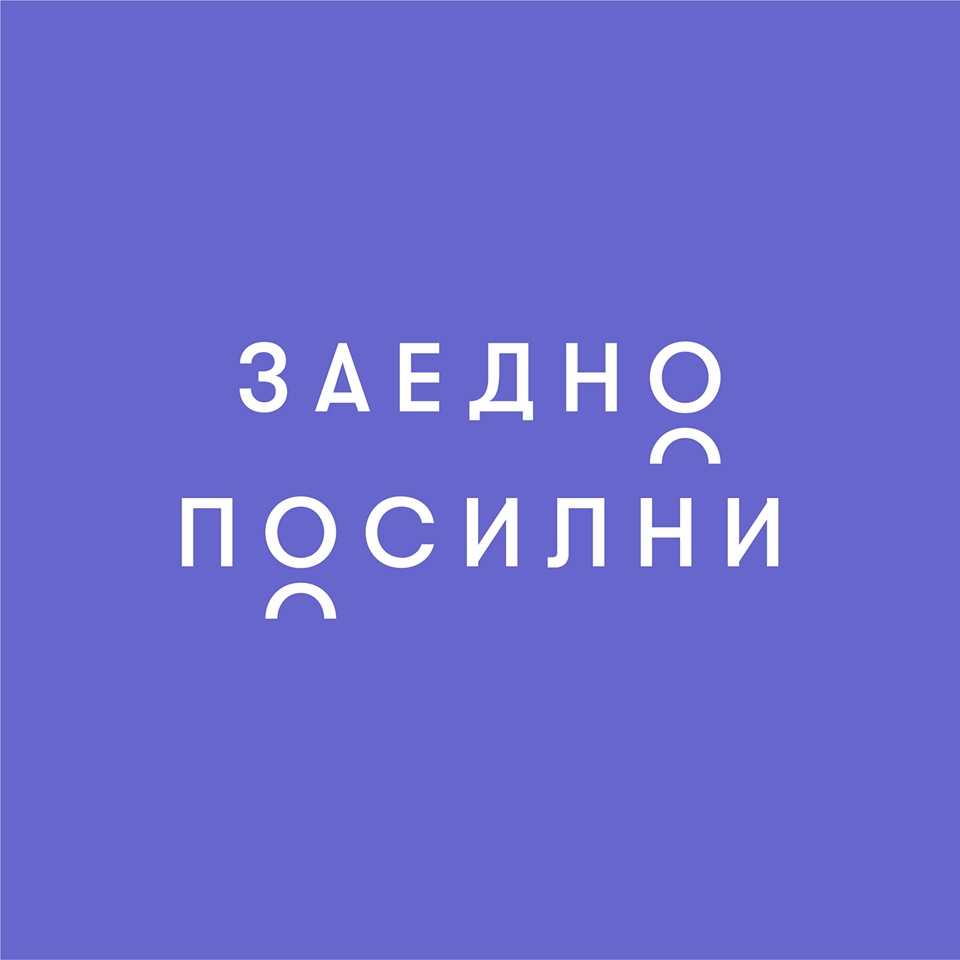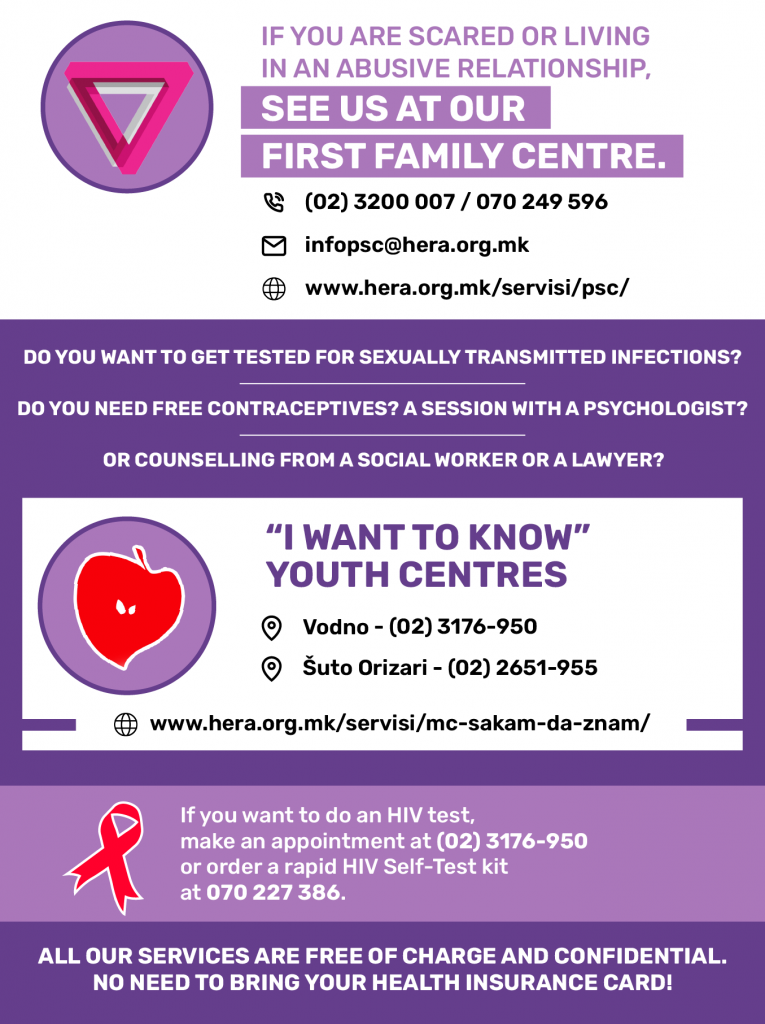“The more it happens, the less it’s spoken of” is also true for the gender-based violence. Although in our country more than 90% of perpetrators of domestic violence are men, and more than 80% of victims are women, the number of specialised services for gender-based violence is very small, and the standards of the recently ratified Convention on Preventing and Combating Violence against Women and Domestic Violence (commonly referred to as the Istanbul Convention) are far from accomplished.
Gender-based violence is an undeniable indicator of the quality of sexual and reproductive health and has been an integral part of our work ever since 2004. In 2009 we strengthened the capacities of the Municipality of Strumica for multisectoral management and prevention of domestic violence with the setting up of the first local coordination body for domestic violence management and with the adoption of the three-year local strategy for prevention and protection against domestic violence; three years later the town opened the first shelter centre for victims of domestic violence.
In 2013 we opened the First Family Centre for all those who spend their everyday lives in domestic violence or under the risk from violence, and ever since then we have worked for better quality, better accessibility and greater comprehensiveness of the protection against domestic violence and we have raised the awareness through the November’s 16 days of activism against violence against women, as part of the National Network “Voice against Violence”.
Gender-based violence cannot be addressed without comprehensive and multisectoral approach, so in 2016, in partnership with the Family Medicine Centre of the Faculty of Medicine in Skopje and UNFPA we delivered accredited trainings for healthcare workers in identifying and responding to gender-based violence. With the support from UNICEF we trained the multisectoral teams on how to work with children. With the support from UNICEF, we trained the multisectoral teams to work with children, and with the support from UN Women Skopje we took part in delivering trainings on gender-based violence to persons with disabilities that had been deinstitutionalised from the Banja Bansko facility and to their personal assistants and caregivers. We offered technical assistance to institutions to prepare the Action Plan for Implementation of the Istanbul Convention in 2018, and since 2020 we have been actively involved in developing and advocating the adoption of the new Law on the Prevention and Protection against Violence against Women and Domestic Violence in 2021.
Read more about:



